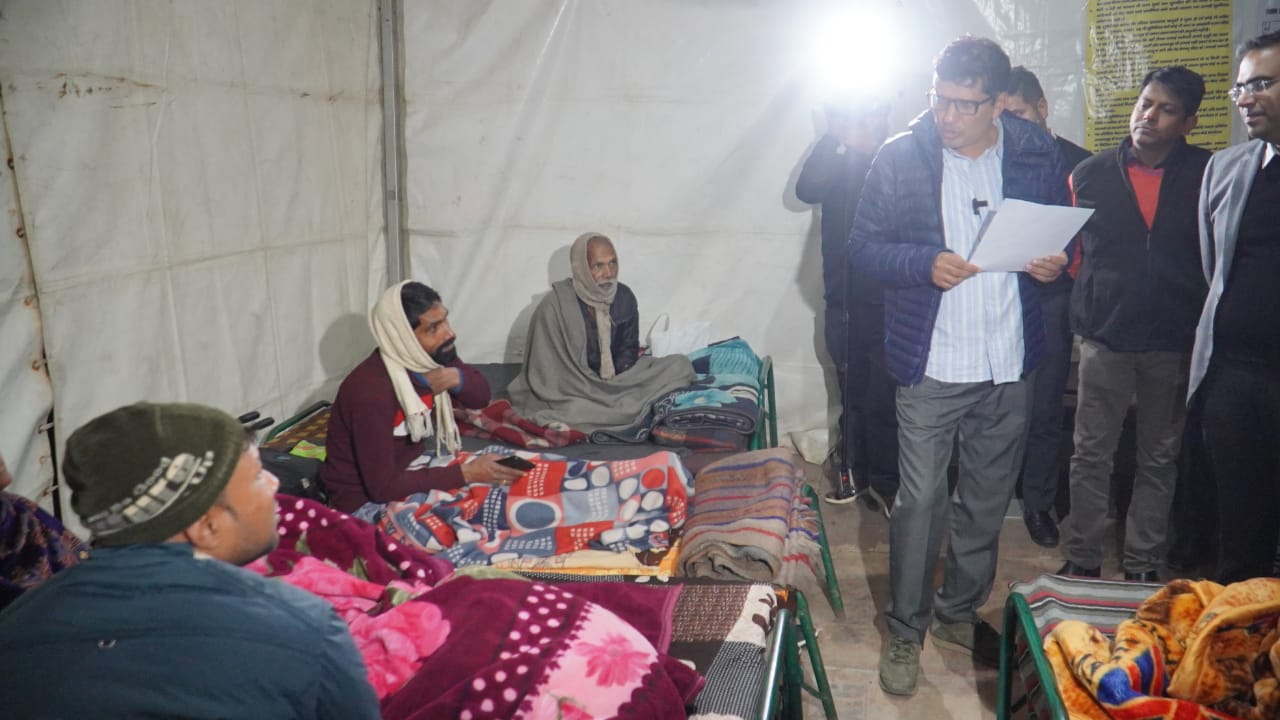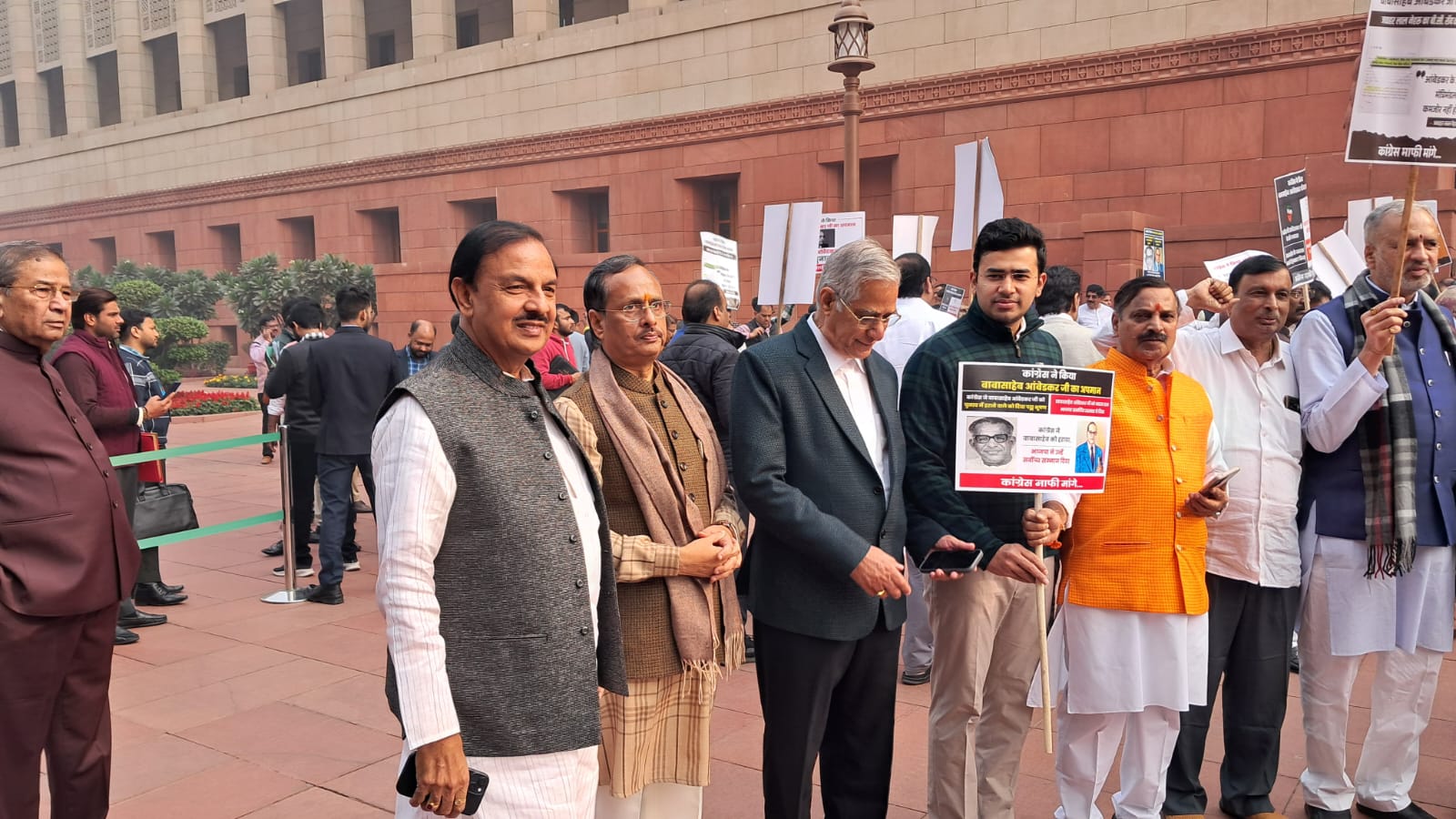
DELHI:EROS TIMES: The Delhi cabinet in its meeting on Wednesday chaired by the Chief Minister, Arvind Kejriwal gave its in-principle approval for the engagement of 1,000 low-floor environment friendly electric buses in Delhi, and appointing DIMTS as a Project Consultant for this project.
The cabinet approval to the Transport Department’s proposal will help in modernizing Delhi’s transport sector and substantially reducing air pollution. Delhi was the first city globally to transition to 100% CNG buses.
DIMTS has been asked to submit its report within three months.
This had a big impact on pollution, particularly particulate matter. However, CNG vehicles emit a lot of NOx (Nitrogen Oxides) and Volatile Organic Compounds, which causes severe health issues and also contributes to the smog. Therefore, in the long-term, it is essential that Delhi transitions to zero-emission fuel.
The Transport Department had sought cabinet’s in-principle approval to engage 1,000 pure low floor air conditioned electric buses, in the Gross Cost Model of contracting under the Cluster scheme, so that further process of hiring Project Consultant for the technical detailing and Bid Process Management can be carried out.
The Department will construct bus depots at six locations for these 1000 electric buses – East Vinod Nagar, Bawana Sector 5, Burari, Rohini Sector 37, Revla Khanpur and Narela. Electric power for charging of electric buses and the housing of requisite numbers of charging units shall be the responsibility of the Concessionaire(s), who will arrange the infrastructure at their own cost, in consultation with DISCOMs.
Transport Department has also been directed to explore the possibility of Hydrogen buses as suggested by the hon’ble Supreme Court.
Delhi government is of the view that air pollution has emerged as a significant issue risking the health and well-being of residents in cities across India and especially Delhi. In this scenario, Delhi government was the first in India to bring out a Green Budget for 2018-19, identifying 26 short and long- term measures to combat air pollution in Delhi, including electric buses. The government’s decision to engage pure electric buses in Delhi will go a long way in reducing overall vehicular emissions in Delhi.
Delhi government’s decision on electric buses was informed by the successful trial of an electric bus carried out by DTC in 2016. DTC conducted trial of a pure electric bus (12 meter air- conditioned) supplied by BYD in China from 10.03.2016 to 02.07.2016 on different routes. During this trial, the bus operated 16,915 kilometres and suffered only one break down due to puncture.
Currently, pure electric buses are operating in over 200 cities in 48 countries worldwide but the major share (about 98%) is in China. The production of the electric buses had been slow traditionally but it has picked up substantially in the last three years with China itself procuring 12,760 e-buses in 2014, 94,260 e-buses in 2015 and 115,700 e-buses in 2016. The top five countries, other than China, having pure electric buses are United Kingdom (191), German (176), Netherlands(296), Lithuania(192) and Austria(164).
Further, in October, 2017, the Mayors of 12 leading cities (London, Paris, Los Angeles, Copenhagen, Barcelona, Quito, Vancouver, Mexico City, Milan, Seattle, Auckland and Cape Town) pledged to procure only zero emission buses from 2025 and ensure that major areas of their city are zero emission by 2030.
Only 30 electric buses are running in the entire Country- 25 of these are owned and run by Himachal Pradesh (HRTC). The remaining five are with BEST, Mumbai. It has been further gathered that 10 cities of India have recently invited tenders for 440 numbers of electric buses.






